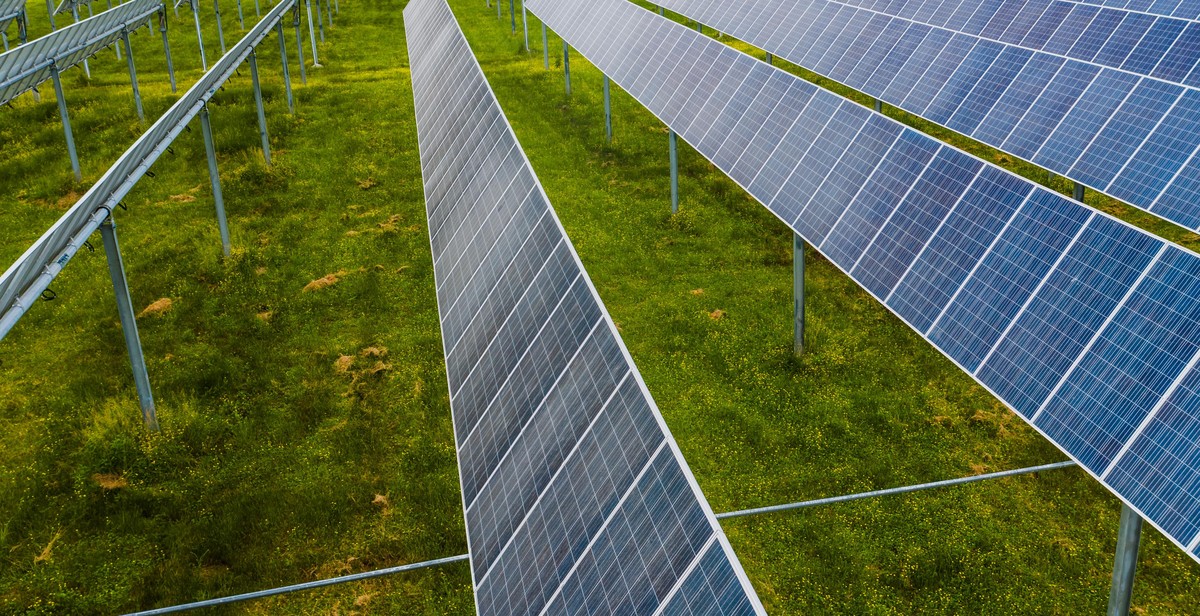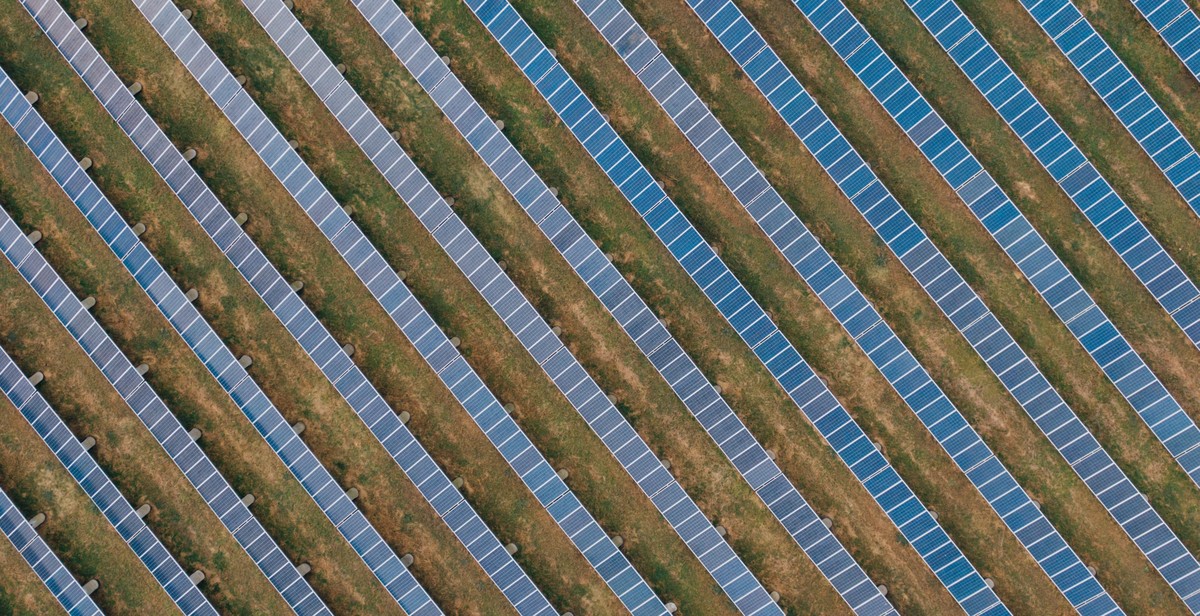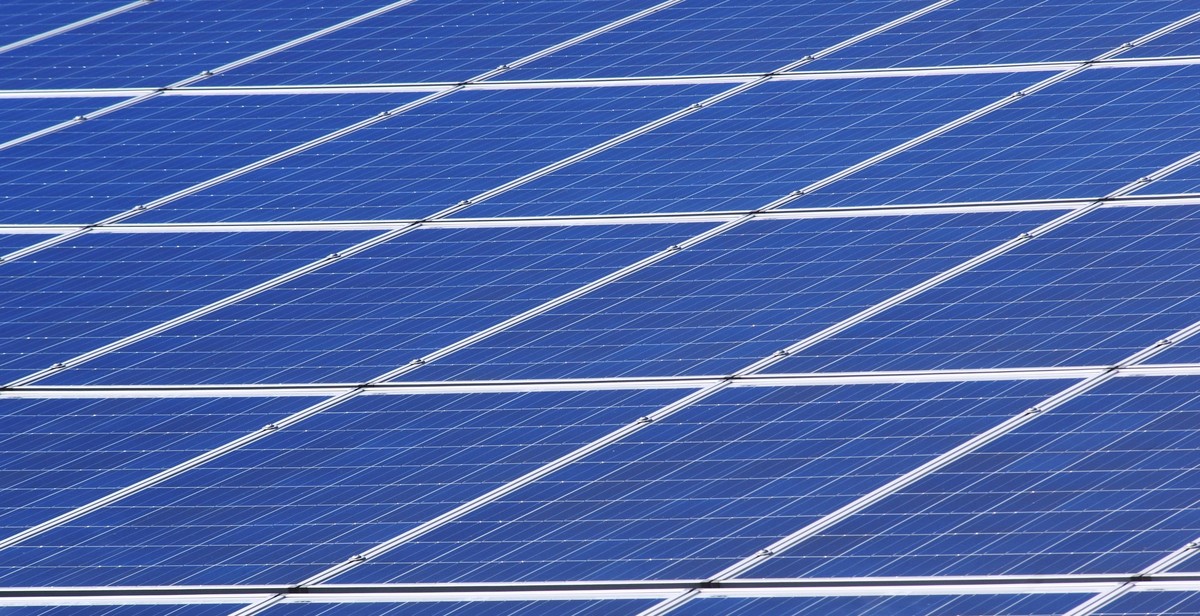Exploring the Benefits of Solar Power for Homeowners
As the world increasingly looks for sustainable and renewable sources of energy, solar power has emerged as a leading solution. Harnessing the power of the sun’s rays, solar energy offers numerous benefits for homeowners, both environmentally and financially. In this article, we will delve into the advantages of adopting solar power systems for residential use.
1. Lower Energy Costs
One of the most significant benefits of solar power for homeowners is the potential to reduce electricity bills. By generating your own electricity, you can significantly decrease your reliance on traditional energy providers. With solar panels installed on your roof, you can produce clean and renewable energy to power your home, resulting in lower monthly utility costs.
2. Environmentally Friendly
Solar power is a clean and green energy source that produces no greenhouse gas emissions or air pollution. By choosing solar energy, homeowners can contribute to reducing their carbon footprint and combat climate change. Solar power systems help conserve natural resources and protect the environment for future generations.
3. Energy Independence
With solar power, homeowners can become more self-sufficient and less dependent on the grid. By generating their own electricity, homeowners can enjoy uninterrupted power supply during grid outages or blackouts. Solar power also provides a reliable and stable energy source, reducing the risk of fluctuating energy prices.
4. Government Incentives
Many governments offer incentives and tax credits to encourage homeowners to switch to solar power. These incentives can significantly offset the initial investment required for installing solar panels, making it more affordable for homeowners to adopt this sustainable energy solution.
In conclusion, homeowners stand to gain numerous benefits by harnessing the power of solar energy. From cost savings to environmental impact, solar power offers a compelling solution for those looking to embrace renewable energy and create a greener future.

1. Understanding Solar Power
Solar power is a renewable energy source that harnesses the energy from the sun to generate electricity. It is an eco-friendly and sustainable alternative to traditional fossil fuel-based electricity generation methods. Understanding the basics of solar power is essential for homeowners looking to explore the benefits of installing solar panels on their rooftops.
1.1 What is Solar Power?
Solar power refers to the conversion of sunlight into electricity through the use of solar panels. These panels are made up of photovoltaic (PV) cells that capture and convert sunlight into direct current (DC) electricity. Solar power is a clean and abundant energy source that can be used to power homes, businesses, and even entire communities.
1.2 How Does Solar Power Work?
The process of converting sunlight into usable electricity involves several components working together seamlessly. When sunlight hits the solar panels, the PV cells absorb the photons from the sunlight. This absorption generates an electric field across the layers of the PV cell, causing the flow of electrons, thus creating an electric current.
The generated DC electricity is then sent to an inverter, which converts it into alternating current (AC), the type of electricity used in homes and businesses. The AC electricity is then distributed throughout the building, and any excess electricity can be stored in batteries or fed back into the grid, depending on the system setup.
1.3 Types of Solar Power Systems
There are primarily two types of solar power systems commonly used for residential purposes:
- Grid-tied Systems: These systems are connected to the utility grid and allow homeowners to use solar power while remaining connected to the grid. Excess electricity generated by the solar panels can be sent back to the grid, earning homeowners credits or compensation for the energy produced.
- Off-grid Systems: Off-grid systems are not connected to the utility grid and are designed to operate independently. These systems typically incorporate battery storage to store excess electricity for use during periods of low sunlight or at night when the solar panels are not generating power.
Homeowners can choose the type of solar power system that best suits their needs and budget. Factors such as location, energy consumption, and local regulations should be considered when deciding on the appropriate system.
By understanding the basics of solar power, homeowners can make informed decisions when it comes to harnessing clean and renewable energy for their homes. With advancements in technology and decreasing costs, solar power has become an increasingly viable option for homeowners seeking to reduce their carbon footprint and save on electricity bills.

2. Benefits of Solar Power for Homeowners
2.1 Cost Savings
One of the most significant benefits of solar power for homeowners is the potential for cost savings. By harnessing the power of the sun, homeowners can significantly reduce their electricity bills. Solar panels generate clean and renewable energy, which means less reliance on traditional energy sources that come with fluctuating prices. Additionally, solar power systems have a long lifespan, typically around 25 to 30 years, which means homeowners can enjoy these cost savings for many years to come.
2.2 Energy Independence
Investing in solar power allows homeowners to become more energy independent. By producing their own electricity, homeowners are less reliant on the grid and can reduce their dependence on fossil fuels. This independence provides homeowners with peace of mind, knowing that they have a reliable and sustainable source of energy. During power outages or emergencies, solar-powered homes can continue to operate, providing a sense of security and stability.
2.3 Environmental Impact
Solar power is a clean and renewable energy source that has a minimal impact on the environment. Unlike traditional energy sources, solar power does not produce harmful emissions or contribute to air pollution. By switching to solar power, homeowners can reduce their carbon footprint and contribute to a greener future. Additionally, solar power helps conserve natural resources and reduces the demand for fossil fuels, which are finite and non-renewable.
2.4 Increased Property Value
Installing solar panels can significantly increase the value of a homeowner’s property. Studies have shown that homes equipped with solar power systems sell for a higher price and at a faster rate compared to homes without solar. Potential buyers are attracted to the cost savings, energy independence, and environmental benefits that solar power offers. Therefore, investing in solar power not only provides immediate benefits but also adds long-term value to a homeowner’s property.
2.5 Government Incentives and Tax Credits
The government offers various incentives and tax credits to encourage homeowners to switch to solar power. These incentives can significantly reduce the upfront costs of installing solar panels. For example, the federal government provides a solar Investment Tax Credit (ITC), which allows homeowners to deduct a percentage of the installation cost from their federal taxes. Additionally, many states and local governments offer additional incentives such as rebates and grants. Taking advantage of these incentives can make solar power more affordable and accessible for homeowners.

3. Considerations for Homeowners
As a homeowner considering the switch to solar power, there are several important factors to take into account. From the initial investment to finding a reputable installer, these considerations will help you make an informed decision about harnessing the benefits of solar energy for your home.
3.1 Initial Investment
One of the primary considerations for homeowners when it comes to solar power is the initial investment required. While the cost of solar panels has decreased significantly in recent years, it is still important to evaluate your budget and determine if you can afford the upfront costs. However, it’s essential to keep in mind that solar power offers long-term savings on your energy bills, making it a worthwhile investment in the long run.
3.2 Roof Suitability
The suitability of your roof for solar panel installation is another crucial factor to consider. Before investing in solar power, you should evaluate the condition, orientation, and shading of your roof. Ideally, your roof should have sufficient space, be structurally sound, and receive ample sunlight throughout the day. If your roof is not suitable, alternative options like ground-mounted solar panels can be explored.
3.3 Maintenance and Upkeep
While solar panels are known for their durability and low-maintenance nature, it’s important to understand the maintenance requirements and upkeep involved. Regular cleaning of the panels to remove dust and debris is necessary to ensure optimal energy production. Additionally, you may need to inspect the system for any potential issues and perform occasional repairs. Understanding these maintenance needs will help you plan and budget accordingly.
3.4 Energy Storage
Energy storage is an important consideration for homeowners interested in solar power. While solar panels generate electricity during the day, excess energy can be stored for use during non-sunny periods or at night. Evaluating your energy storage options, such as battery systems, will ensure you can maximize the benefits of solar power and have a reliable backup during power outages.
3.5 Finding a Reputable Installer
Choosing a reputable and experienced solar panel installer is crucial to ensure a successful and efficient installation. Before selecting an installer, it’s important to research their qualifications, certifications, and customer reviews. Requesting multiple quotes and comparing them will also help you make an informed decision. A reputable installer will ensure that your solar panels are installed correctly and efficiently, maximizing the benefits and longevity of your system.
In conclusion, considering these factors will help homeowners make an informed decision about harnessing solar power for their homes. By evaluating the initial investment, roof suitability, maintenance needs, energy storage options, and finding a reputable installer, homeowners can confidently transition to solar power and enjoy the numerous benefits it offers.
Conclusion
As we have seen throughout this article, solar power offers numerous benefits for homeowners. By harnessing the sun’s energy, homeowners can significantly reduce their reliance on traditional energy sources, save money on electricity bills, and contribute to a greener and more sustainable future.
One of the key advantages of solar power is its ability to generate clean and renewable energy. Unlike fossil fuels, solar power does not release harmful greenhouse gases into the atmosphere, making it an environmentally friendly choice. By installing solar panels on their roofs, homeowners can reduce their carbon footprint and play a part in combating climate change.
In addition to its environmental benefits, solar power also provides financial advantages. Homeowners can enjoy significant savings on their electricity bills by generating their own power. With the availability of net metering programs, excess energy produced can be sold back to the grid, further reducing costs. Over time, the initial investment in solar panels can be recouped through these savings, resulting in long-term financial benefits.
Furthermore, solar power systems require minimal maintenance and have a long lifespan, ensuring a reliable and cost-effective energy solution for homeowners. Advances in technology have also made solar panels more efficient and affordable, making it an attractive option for homeowners looking to invest in renewable energy.
In conclusion, solar power offers a multitude of benefits for homeowners. From reducing environmental impact to saving money on electricity bills, investing in solar panels is a wise choice for those looking for a sustainable and cost-effective energy solution for their homes.
